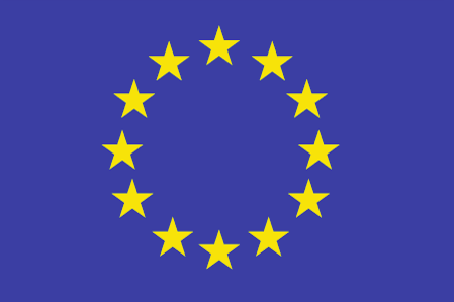The University of Tartu is the oldest, largest and the only classical university in Estonia with about 16000 students and 1800 academic staff members. UT includes nine faculties, four colleges and several regional development units. To support and develop the professional competence of its students and academic staff, the university has entered into bilateral co-operation agreements with 69 partner institutions in 26 countries. UT is Estonia’s leading centre of research and training, on subjects as diverse as medicine and philosophy, genetics and computer science. More than half of the PhD theses written in Estonia are defended in UT. More than half of the country's research publications are authored by UT academics. The University has participated in the framework programmes since the 4th programme. The number of projects in FP7 where the university is participating is close to 100 and includes two ERC grants.
Most of the Estonian teachers of science and technology are educated at the UT and it is the only university in Estonia where PhD studies in science education are provided. University of Tartu also is one of the two main universities providing teachers’ in-service training in Estonia. The Centre for Educational Technology in the Faculty of Social Sciences and Education has close collaboration with the Institutes of Technology and Physics in the Faculty of Science and Technology, which accommodate the nano-science groups of the University. We also have close cooperation with AHHAA Science Centre.
The main competence of the Centre for Educational Technology is in the pedagogical knowledge related to technology enhanced science education. The previous studies of the research group have concentrated on improving learners’ problem solving and inquiry skills in applying web-based learning environments and educational robotics. A simulation environment “Hiking across Estonia” developed by some members of the group was a finalist in IASTED 1st international competition of non-commercial software for web-based learning in 2005, and was awarded the national award by the Estonian Ministry of Environment. Recently their focus has partly shifted towards the conceptual principles of technology education, technological literacy, and designing applications for effective learning processes to improve skills needed in a technological world.

